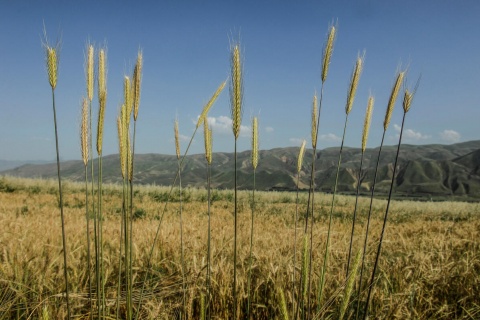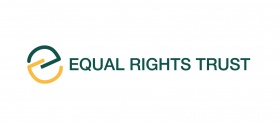Le Soudan est le troisième plus grand pays d'Afrique. Malgré la fin de la guerre civile au Sud-Soudan, le Soudan continue de connaître des conflits internes, dont beaucoup ont commencé par des questions liées à la gestion des ressources naturelles et des terres. La plupart des constitutions promulguées au Soudan depuis l'indépendance comportent des dispositions relatives à la terre. Le système foncier soudanais se caractérise par un dualisme marqué. Parallèlement au système juridique formel, les terres communautaires traditionnelles sont régies par des lois et institutions coutumières.
Soudan
Dernières nouvelles
ISTANBUL, 13 Août (KUNA) – La Turquie a le droit d’exploiter 100 mille hectares (un million d'acres) de terres agricoles soudanaises, selon un accord entre Ankara et Khartoum.
Les participants à la conférence sur les stratégies de lutte contre la faim sont convenus que la paix était une condition préalable à l'élimination de la faim. Après avoir souligné la nécessité de transformer les systèmes alimentaires et de développer des approches plus inclusives, ils ont discuté des réalisations ainsi que des obstacles et des défis à surmonter dans la lutte contre la faim.
Nous sommes fiers d'annoncer la publication de trois rapports sur l'état de l'information foncière, qui détaillent l'état de l'information foncière au Mozambique, au Libéria et au Soudan. Ces rapports détaillés fournissent une analyse approfondie des systèmes actuels d'information foncière, des cadres juridiques et de l'accessibilité des données dans ces pays.

















